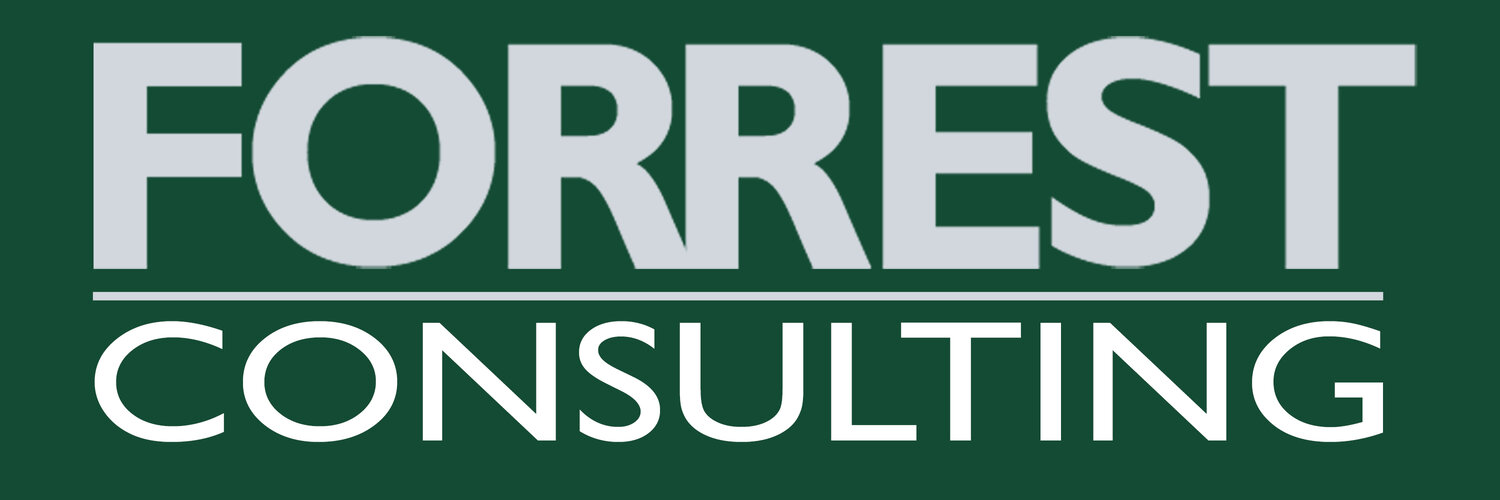“Available means”
Putting human beings on the Moon, enabling them to explore the lunar surface, and getting them safely back to Earth was a magnificent visioning, strategic planning and strategic management triumph.
When John F. Kennedy trumpeted the vision of landing a man on the moon, current technology, systems and knowledge were insufficient.
But this deficiency did not stop leaders, managers, scientists and engineers from succeeding. NASA was built and new ways of planning and management were created, existing technology was pushed beyond previous limits, and basic and applied science and engineering were commissioned to develop new materials, technology, systems and processes. Despite risks and failures, through a culture of innovation, testing and learning, the vision of a man on the moon was achieved within the stated time horizon.
LAND ON YOUR MOON
What a nation might be able to accomplish and what a smaller organization can do certainly differ greatly in scale, but not necessarily in audacity, impressiveness and impact, given "available means."
I find that way too often organizational leaders let "means" be the reason for not seizing a compelling vision and achieving something great for the organization and its stakeholders.
That's a shame, because the self limitation of "we don't have the means to do it" can be a false barrier. That's because "available means" are not just what's in the bank, who's on staff, available time and what's known today. If these were always the constraints, little progress would be made and little innovation would occur.
THINK "LEVERAGE"
What I suggest is thinking in terms of leverage: What can we do with what we have now to gain more force, scale and advantage? Who can we learn from, partner with and bring on board? What do we do now or know now that we can adapt and build on? How can we organize and think differently to get greater results and impact?
Not NASA nor the United States or any other country had what was needed to achieve the "man on the moon" vision when it was announced. But over a decade, "available means" were leveraged time and again to gain knowledge, scale and sophistication, to ultimately produce the means needed to succeed.
We tend to look at possibilities with a "yes/no" mindset: Let's sort them into "we can do this" and "we can't do that." Such categorization is essential, of course, because we must select the mountain we will climb from among all of those we see. Yet this sort is most often done from the perspective of currently available resources so the result can be climbing a small hill offering little advantage rather than scaling a challenging and commanding peak.
Many more possibilities open up as serious options when the concept of leverage is introduced and the simple "yes/no" sort is replaced by a "what will it take?" assessment. With leverage, "available means" are multiplied and the ability of the organization to achieve greatness is magnified.
"Give me a lever long enough and a prop strong enough. I can single-handedly move the world." - Archimedes


